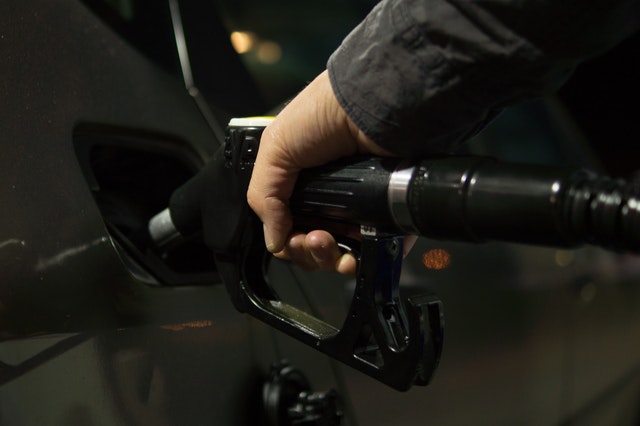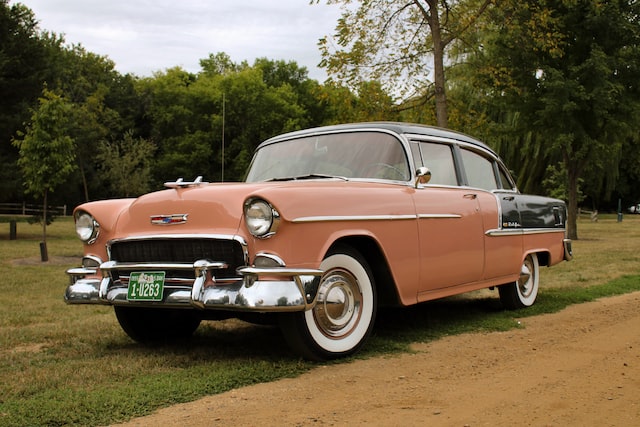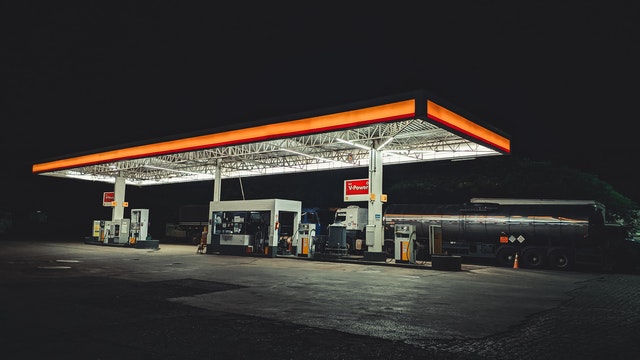Vehicles today use many types of fuel for cars, some of which you may not be aware of. While the vast majority of vehicles run on gasoline, there is technology to burn different types of fuel for cars to satisfy our transportation demands, each with its own set of advantages and disadvantages.
What is Fuel?
Car fuel is sourced from crude oil, natural gas, or biomass in almost all cases. In a distillation process, crude oil is broken down into components or fractions for production. The vapor is formed by heating the oil, which is then cooled, and the condensed product is collected at various heights and temperatures.
Different petroleum products from various refining processes are mixed to make base gasoline for normal and premium grades in the case of gasoline. In the United States, most finished gasoline for vehicles contains about 10% fuel ethanol. This is significant because it complies with the Renewable Fuel Standard, which attempts to reduce greenhouse gas emissions by establishing certain composition requirements for transportation fuel marketed in the United States. In the United States, there are three main classes of gasoline marketed, each named after its octane rating:
- Regular
- Midgrade
- Premium

Types of Fuel for Cars
- Gasoline
Today, gasoline, often known as petrol, is the most commonly utilized fuel in vehicles. This particular fossil fuel is made for four-stroke engines, such as those found in most cars. According to the University of Michigan’s fossil fuels website, gasoline offers quick starting, acceleration, easy combustion, and quiet operation.
Types of gasoline come in three different octane ratings, or “grades.” The research octane number (RON) and AKI of a certain formula are used to assign grades. Drivers will be informed which pump releases which grade via stickers or labeling. The cheapest option is 87 AKI, which has the lowest octane rating. The next level is mid-grade, which has an AKI of 88-90. Finally, premium or high-grade gasoline has a 90-94 AKI octane rating.
Different types of gas burn in different ways. When pressurized, the less octane, or the lower the grade, the faster and stronger it burns. Plus or premium (higher octane) gasoline is better for SUVs and sports vehicles because their motors produce more fuel compression for better drivability. However, most vehicles will run OK on the cheapest gasoline option. If you choose plus or premium gas for a car that advises regular gas, you will not get a greater fuel economy.
The hydrocarbons in gasoline, as well as the carbon dioxide, produced when it is burned, contribute to pollution, smog, and global warming. Despite being the most readily available fuel, it is seen as a temporary source of energy due to its high cost, negative environmental effects, and scarcity of resources.
- Diesel Fuel
Transport vehicles such as tractor-trailer trucks, buses, boats, and railroads all utilize diesel fuel. Because of the rising cost of all fuels, including gasoline and diesel, there has been a resurgence of diesel-powered vehicles in recent years. Diesel-powered cars have higher gas mileage and fuel efficiency than gasoline-powered cars. Furthermore, even though diesel is more expensive, some drivers believe they get a greater value for their money. Volkswagen is a well-known diesel car manufacturer.
Like types of gas for cars, this fossil fuel is non-renewable. Diesel produces more chemical compounds and nitrous oxide, which contribute to pollution, although emitting less carbon dioxide. According to the Petrol Prices website, diesel vehicles last longer than gasoline vehicles and have 30 percent greater fuel efficiency than the average gasoline vehicle.
- Biodiesel
Sugar beet, rapeseed, or palm oil are used to make biodiesel, which is a diesel replacement. This chemical is sometimes made by collecting leftover oil from restaurant fryers. When compared to regular gas or diesel, biodiesel burns cleaner and emits significantly less CO2. Continuing to produce this material, however, may result in excessive deforestation.
- Ethanol
Ethanol is a biofuel that is produced by converting sugar cane, corn, barley, and other natural resources into gasoline. Ethanol has increased in popularity as a fuel since it is one of the few fuels that can be used in a gasoline engine without any modifications. Although several car types can operate entirely on ethanol, it is more usually used as an addition. To help reduce emissions and contamination caused by pure gasoline components, some states have enforced the use of ethanol. E10, or gasoline containing 10% ethanol, is now available at most gas stations in the United States. In some places, even higher concentrations are used.
- Liquefied Petroleum Gas (LPG)
Liquefied Petroleum Gas (LPG) is a fairly affordable mixture of propane and butane. While performance is not affected, fuel economy is often lower than that of conventionally powered vehicles. Longer engine life, fewer changes in the oil, lower pollutants, and longer spark plug life are just a few of the benefits. The limited number of fuel stations that carry LPG is, however, a disadvantage.
- Compressed Natural Gas (CNG)
CNG (compressed natural gas) is a natural gas that can also be converted to liquefied natural gas (LNG). Converting gasoline-powered vehicles to CNG-fueled vehicles is not complicated. These release 5-10% less carbon dioxide (CO2) than their gas-fed counterparts. There are a limited number of gasoline stations that offer this sort of fuel, similar to LPG, making these cars ideal for fleets that are filled centrally.
Read more >> What To Do When Hydroplane In Car Happens?
What Exactly Put Into Making a Good Fuel?
With so many options, what are the features that make a fuel suitable for the average? The ideal fuel should meet all of the criteria for efficiency, environmental friendliness, cheap cost, and performance, however, this isn’t always possible. Nonetheless, here is a guide to choose the finest fuel:
- A good fuel should not be cheap to purchase and should provide excellent mileage
- It should be readily available, which means you should be able to recharge it quickly
- The environment should not be damaged by engine emissions
- It must be able to supply enough power to the engine.
Most vehicles now operate on gasoline, but other types of fuel for cars, particularly battery-powered vehicles, are gaining in popularity. To get the best performance out of your vehicle, be sure you’re buying the right kind of fuel.
On dmv-practicetests.com, there are thousands of free DMV practice test questions that improve your knowledge to keep you safe on the road. Let’s try now!

UT Utah License Renewal: A 2025 Comprehensive Guide
Discover the ultimate guide to Utah license renewal! This comprehensive guide delves into the intricacies of renewing your driver's license in Utah,...
February 13, 2023

South Carolina S.C. Driver's License Renewal
The South Carolina S.C. driver's license renewal process is designed to be comprehensive, taking into consideration eligibility requirements, renewal methods,...
February 13, 2023

Pennsylvania PA DMV License Renewal: A 2025 Full Guide
The Pennsylvania PA DMV license renewal process is designed to be comprehensive, taking into consideration eligibility requirements, renewal methods,...
February 10, 2023

